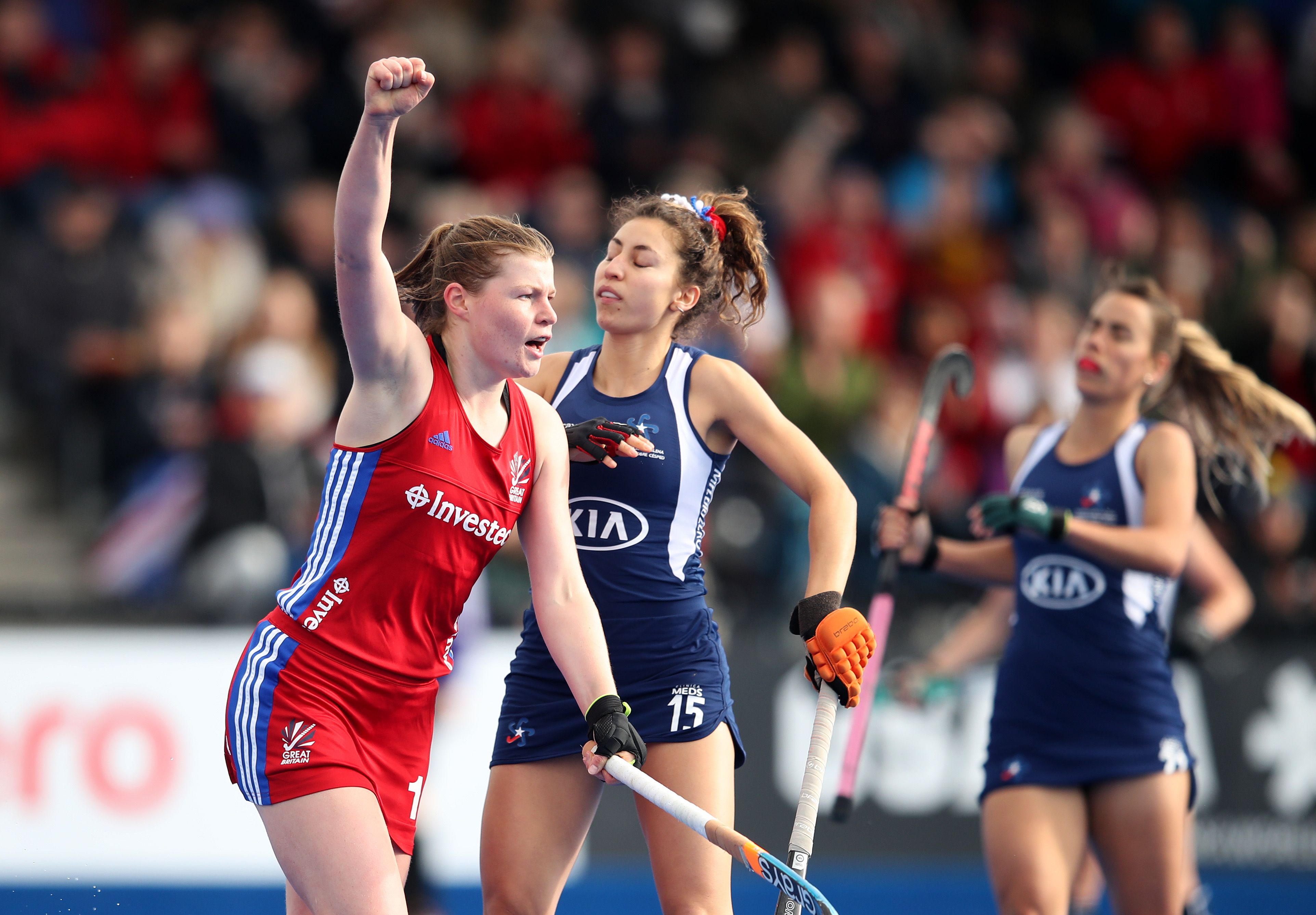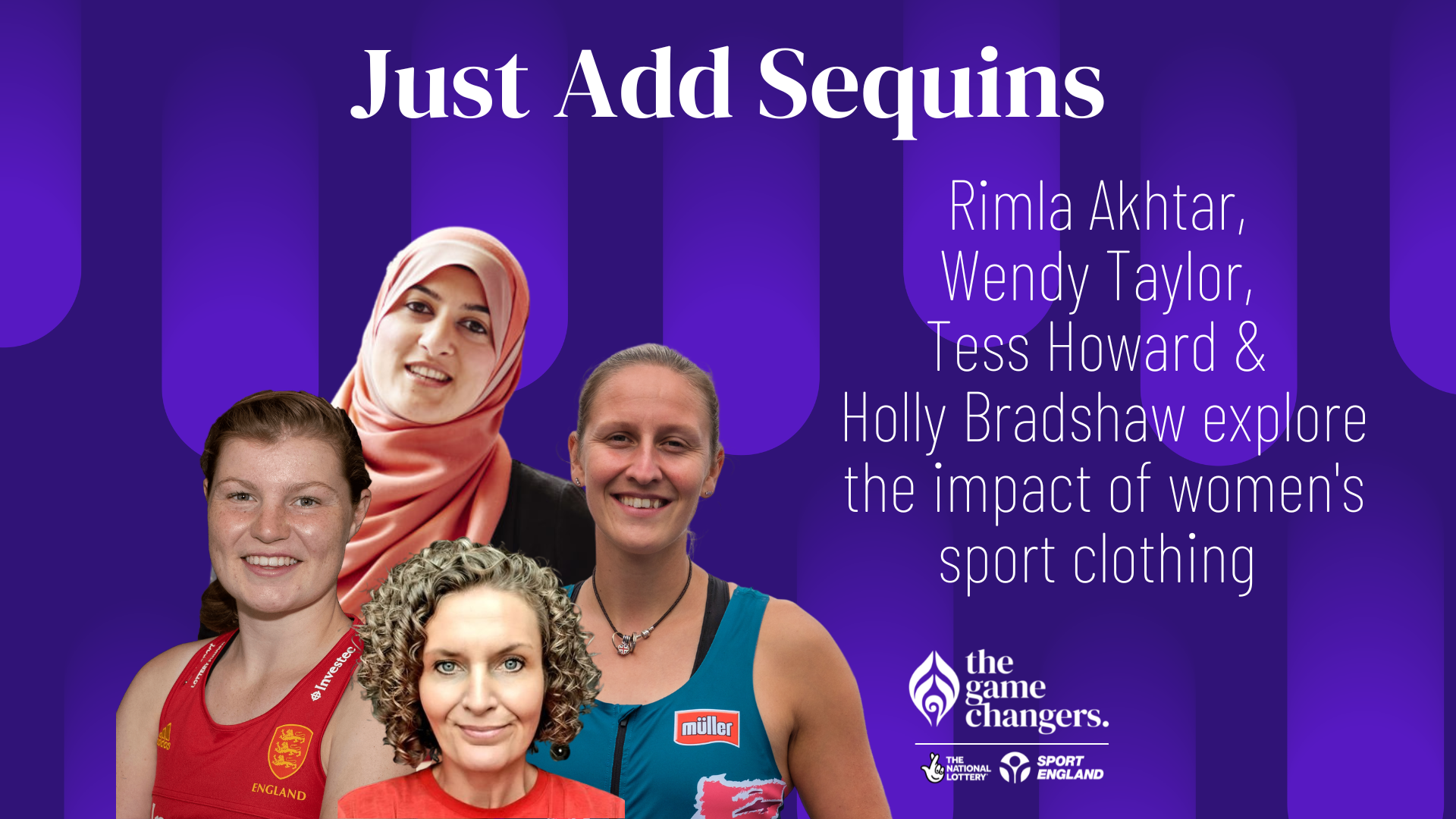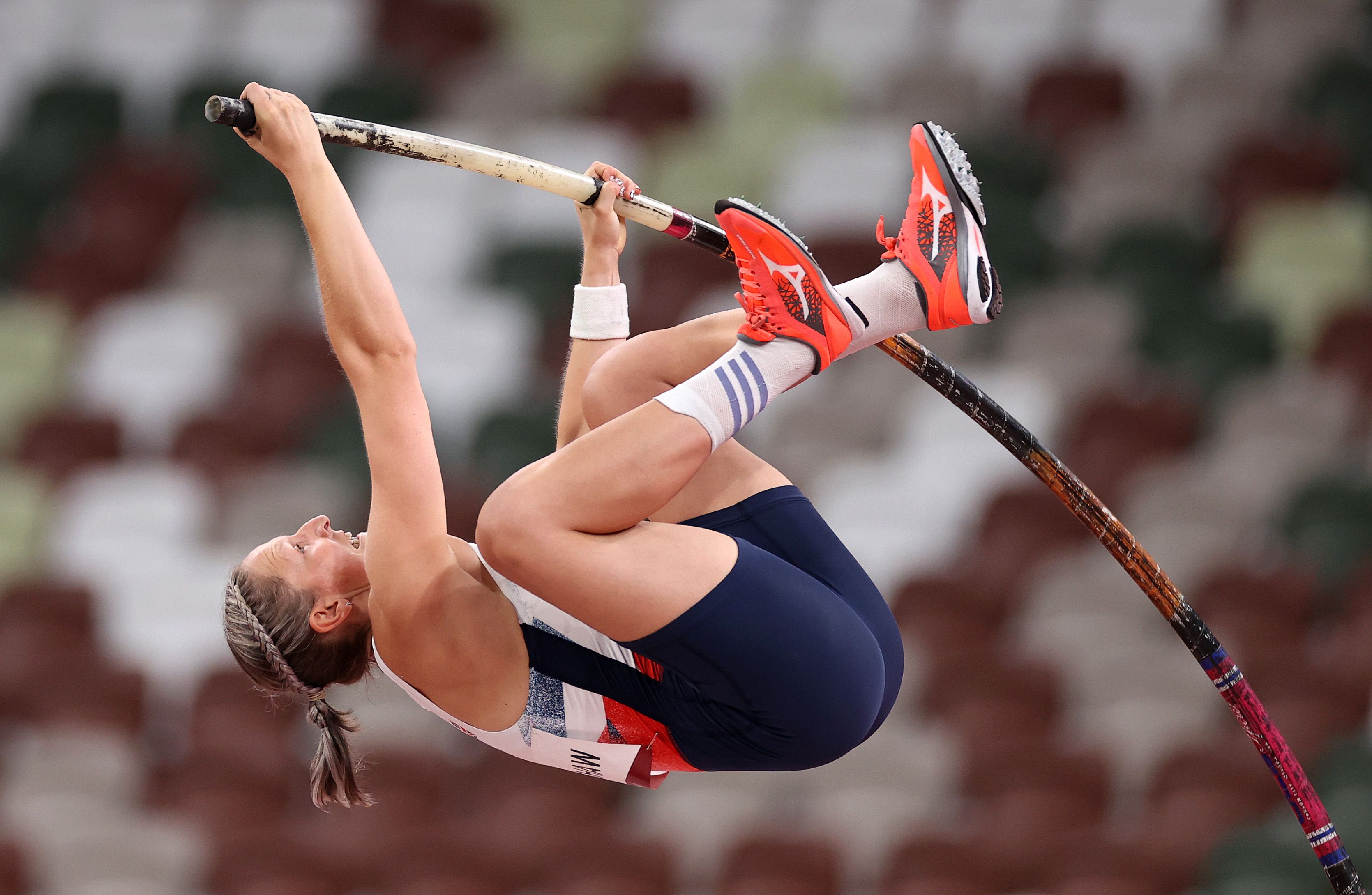The latest episode of The Game Changers podcast features a panel discussion on sports kits for women and girls.Former chair of the Muslim Women's Sports Foundation Rimla Akhtar, Youth Sport Trust’s Girls Active programme manager Wendy Taylor, hockey player Tess Howard and javelin star Holly Bradshaw joined Sue Anstiss on the panel.The conversation first touched on why each panellist was so passionate about the topic of sports clothing, before moving on to the issue of PE kit in schools.“When schools have done that really well, girls are at the centre of that decision making, they're consulted, they're empowered to make choices, and really have input into what they would like to wear during PE,†Taylor explained.“If we want to maximise participation for all our young people, there really has to be choice, and a focus on feeling comfortable. That’s going to really increase engagement, enjoyment, and remove some of those barriers.â€Howard, who recently graduated from Durham University, wrote her dissertation on ‘School Sport Uniforms: Practical, Professional or Patriarchal?’, focusing on the correlation between sports uniforms and high dropout rates among girls.She explained about the need for “genuine choices†of uniform, and revealed that this was now being implemented at an elite sport level.“What we've just done in England Hockey this year is change the legislation,†she said. “It doesn't matter what girls or boys wear, the whole team doesn't have to wear the same thing.“That is a huge change, so hopefully I'll be one of the first Premier League hockey players to wear shorts. The shorts have not been made yet, but at least the policy allows it to now. That means that there is genuine choice.â€ LONDON, ENGLAND - NOVEMBER 03: Tess Howard of Great Britain celebrates after she scores her sides first goal during the Olympic Qualifier match between Great Britain Women and Chile Women at Lee Valley Hockey and Tennis Centre on November 03, 2019 in London, England. (Photo by Alex Pantling/Getty Images)
LONDON, ENGLAND - NOVEMBER 03: Tess Howard of Great Britain celebrates after she scores her sides first goal during the Olympic Qualifier match between Great Britain Women and Chile Women at Lee Valley Hockey and Tennis Centre on November 03, 2019 in London, England. (Photo by Alex Pantling/Getty Images)
Should girls and women have to play sport in white uniforms?
The conversation moved onto the impact of the menstrual cycle on participation in sport, and the need to have uniform which makes girls and women feel comfortable while competing on their period.
This is a topical issue in women's sport at the moment, with Manchester City recently moving away from white shorts so their players feel at ease on the pitch every week of the month.
Taylor referenced research from the Youth Sport Trust’s Girls Active programme to show just how much menstrual cycles can be a barrier in sport.
“Periods have gone from being the third barrier to the highest, the biggest barrier to their participation. Of the 6,000 plus girls that we surveyed this last academic year, 39 percent of them told us that, when they have their period, that stops them participating.
“So we know how much of an issue it is for girls in the PE space. I think that's then overlayed with having to wear a kit where you feel on show, uncomfortable.
“Among the top concerns were concerns about leaking, having low self confidence, self consciousness in the changing rooms and the worry that others will know when they're on their period. So it's a huge issue.â€
Why don't more female athletes speak out about their kit?
The panellists began to discuss uniforms for professional female athletes, and Bradshaw explained why not every sportswomen felt comfortable about vocalising concerns about their kit.
The Olympic bronze medallist has often spoken out about the disparity in clothing provided to male and female athletes, having struggled with her own body image after becoming a target for toxic social media abuse.
“I definitely feel like a lot of athletes are scared to talk out or say their own opinions, because of selection, but also as soon as the media cotton onto anything, these really negative, bad headlines come out,†Bradshaw said.
“I've spoken to a lot of my friends in the sport and they're almost at their wits end with it. They're like, I'm just not going to say anything because they're all going to take it out of context and I'm going to become the bad guy.
“It’s definitely happened to me. When I spoke out originally about the kit, there were quite a few negative headlines that twisted my words and that's definitely not the angle that I was coming from.
“So I definitely feel like there is a barrier, but for me, I've kind of achieved everything I would've ever dreamt of in this sport. So now I feel like I'm the flag bearer for raising these issues and I'm going to talk out and share my opinions, because I really want to help others.
“I just really don't want to see young athletes go through what I did, and drop out of the sport because it's way more likely these days with the negativity around social media. So I just feel very passionate about that.â€
TOKYO, JAPAN - AUGUST 05: Holly Bradshaw of Team Great Britain competes in the Women's Pole Vault Final on day thirteen of the Tokyo 2020 Olympic Games at Olympic Stadium on August 05, 2021 in Tokyo, Japan. (Photo by Cameron Spencer/Getty Images)
How can uniform make sport more inclusive?
During the panel discussion, Akhtar touched on the need for sport to be more inclusive, allowing women to wear hijabs and burkinis when competing if they wanted to.
“One of the things I'm currently trying to work on in my so-called spare time, is really around working proactively with sports to see how they can be more inclusive," she said.
“Specifically around the hijab, but just generally, as well. How can we make sure that no other sport puts a ban in place, whether it's the hijab or the burkini, whatever it might be, that stops women from every background taking part."
Akhtar also urged people within sport to question why certain decisions were made, particularly around sports uniforms.
“Just always question why,†she said. “Question why are we doing this the way that we're doing it? It doesn't just apply to kits. Because often times you'll find that there's no real rational reason for it and there is a better way to do it.
“So I would just say question, in whatever your sphere of influence is, question why we're doing things the way that we're doing them.â€
This article was produced in partnership with The Game Changers podcast, which is supported by Sport England. You can listen to the full panel discussion here.


















